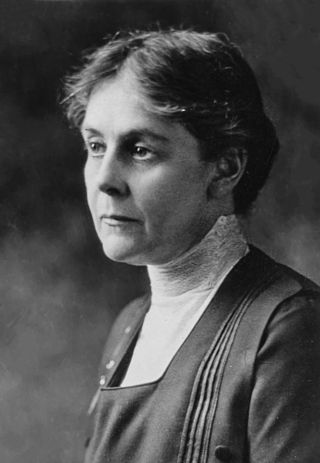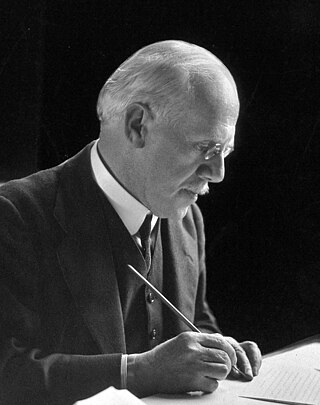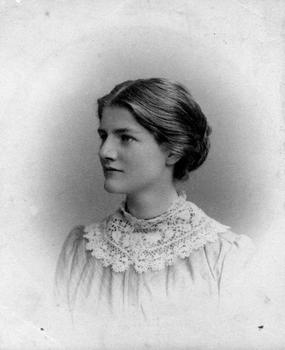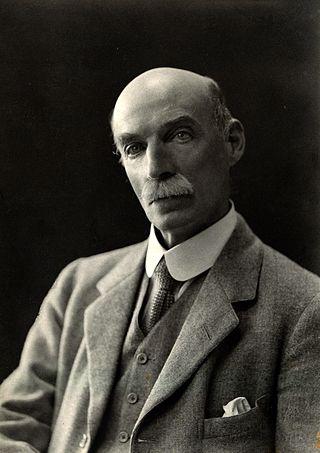Multiple chemical sensitivity (MCS), also known as idiopathic environmental intolerances (IEI), is an unrecognized and controversial diagnosis characterized by chronic symptoms attributed to exposure to low levels of commonly used chemicals. Symptoms are typically vague and non-specific. They may include fatigue, headaches, nausea, and dizziness.

Occupational hygiene is the anticipation, recognition, evaluation, control, and confirmation (ARECC) of protection from risks associated with exposures to hazards in, or arising from, the workplace that may result in injury, illness, impairment, or affect the well-being of workers and members of the community. These hazards or stressors are typically divided into the categories biological, chemical, physical, ergonomic and psychosocial. The risk of a health effect from a given stressor is a function of the hazard multiplied by the exposure to the individual or group. For chemicals, the hazard can be understood by the dose response profile most often based on toxicological studies or models. Occupational hygienists work closely with toxicologists for understanding chemical hazards, physicists for physical hazards, and physicians and microbiologists for biological hazards. Environmental and occupational hygienists are considered experts in exposure science and exposure risk management. Depending on an individual's type of job, a hygienist will apply their exposure science expertise for the protection of workers, consumers and/or communities.

Alice Hamilton was an American physician, research scientist, and author. She was a leading expert in the field of occupational health and a pioneer in the field of industrial toxicology.
Clinical ecology was the name given by proponents in the 1960s to a claim that exposure to low levels of certain chemical agents harm susceptible people, causing multiple chemical sensitivity and other disorders. Clinical ecologists are people that support and promote this offshoot of conventional medicine. They often have a background in the field of allergy or otorhinolaryngology, and the theoretical approach is derived in part from classic concepts of allergic responses, first articulated by Theron Randolph and developed by Richard Mackarness.
The Vancouver system, also known as Vancouver reference style or the author–number system, is a citation style that uses numbers within the text that refer to numbered entries in the reference list. It is popular in the physical sciences and is one of two referencing systems normally used in medicine, the other being the author–date, or "Harvard", system. Vancouver style is used by MEDLINE and PubMed.

Social medicine is an interdisciplinary field that focuses on the profound interplay between socio-economic factors and individual health outcomes. Rooted in the challenges of the Industrial Revolution, it seeks to:
- Understand how specific social, economic, and environmental conditions directly impact health, disease, and the delivery of medical care.
- Promote conditions and interventions that address these determinants, aiming for a healthier and more equitable society.
Occupational medicine, previously called industrial medicine, is the branch of medicine which is concerned with the maintenance of health in the workplace, including prevention and treatment of diseases and injuries, with secondary objectives of maintaining and increasing productivity and social adjustment in the workplace.
Joseph LaDou is an occupational and environmental medicine physician who practiced in Silicon Valley during the early years of the semiconductor and computer industries. He was appointed the first Chief of the University of California, San Francisco (MC) Division of Occupational and Environmental Medicine, and was co-director of the residency program there from 1982-1991. LaDou was founding editor-in-chief of the International Journal of Occupational and Environmental Health, serving in that capacity from 1992 to 2005. During the same years, LaDou was director of UCSF's International Center for Occupational Medicine.

Sir George Newman was an English public health physician, Quaker, the first Chief Medical Officer to the Ministry of Health in England, and wrote a seminal treatise on the social problems causing infant mortality.

Elizabeth Casson OBE was a British medical doctor and an occupational therapy pioneer. Initially training as a secretary, Casson began studying medicine at the University of Bristol when she was 32. She received her medical degree in 1926, becoming the first woman to receive one from the University of Bristol. She also attained the Gaskell prize from the Royal Medico-Psychological Association and a diploma in psychological medicine from the University of London.
Occupational Medicine is a peer-reviewed medical journal covering occupational medicine. It is published eight times per year by Oxford University Press. The journal covers "work-related injury and illness, accident and illness prevention, health promotion, occupational disease, health education, the establishment and implementation of health and safety standards, monitoring of the work environment, and the management of recognized hazards". It was established in 1948.
The Institute of Occupational Medicine (IOM) was founded in 1969 by the National Coal Board (NCB) as an independent charity in Edinburgh, UK and retains its charitable purpose and status today. The "Institute" has a subsidiary, IOM Consulting Limited, which became fully independent in 1990 and now celebrates its 25th year within the IOM Group as an independent consultancy and also the commercial part of the IOM organization. It specializes in asbestos surveys and services, occupational hygiene services, nanotechnology safety, laboratory analysis and expert witness consulting services. IOM is therefore one of the UK's major independent "not for profit" centres of scientific excellence in the fields of environmental health, occupational hygiene and occupational safety. Its mission is to benefit those at work and in the community by providing quality research, consultancy, surveys, analysis and training and by maintaining an independent, impartial position as an international centre of excellence.
The Indian Journal of Occupational and Environmental Medicine is an official peer-reviewed open-access medical journal published on behalf of the Indian Association of Occupational Health. The journal publishes articles on the subject of occupational and environmental medicine including epidemiology, ergonomics, carcinogenesis, biological monitoring, industrial hygiene, toxicology, applied psychology, and environmental chemistry. The journal is indexed by PubMed.
May Smith OBE was a British Industrial psychologist from Hulme, Manchester. She received a bachelor's degree in 1903 and later received a Doctor of Science degree in 1930. Throughout her career, she taught at colleges as well as performing important research in the field of industrial psychology. She subjected herself to her own trials in her research on fatigue. She worked alongside other researchers to find the effects of alcohol and opium on efficiency as well as research on telegraphist's cramp. She was an investigator at the Industrial Health Research Board from 1920 to 1944. She held several positions on the executive of the British Psychological Society.

Sir Thomas Morison Legge CBE was a British physician who served as medical inspector to improve industrial hygiene.
Bishnupada Mukerjee or Bishnupada Mukhopadhyaya was an Indian pharmacologist and orthopedic surgeon, known for his contributions in the fields of pharmacological research and standardization of drugs in India. The Government of India honoured him in 1962, with the award of Padma Shri, the fourth highest Indian civilian award for his services to the nation.
Sibte Hasan Zaidi was an Indian pathologist and toxicologist. After his training in pathology at the Hammersmith Hospital in London, United Kingdom, he returned to India to continue experimental toxicology research. During his later years, he served on national and international committees, such as the World Health Organization, to advise on the harmful biological effects of industrial toxins.
Open Medicine may refer to two medical journals:
Occupational Medicine is a defunct peer-reviewed scientific journal of medicine. It was published from 1986 to 2002 by Hanley & Belfus. The journal was then absorbed by Clinics in Occupational and Environmental Medicine.

Olive M. Whitlock Klump was an American nurse who was the first industrial nurse to work for the United States federal government, as part of the U.S. Public Health Service's Division of Industrial Hygiene, from 1939 to 1943. She later directed the Los Angeles County Health Department's Bureau of Public Health Nursing for over two decades.






